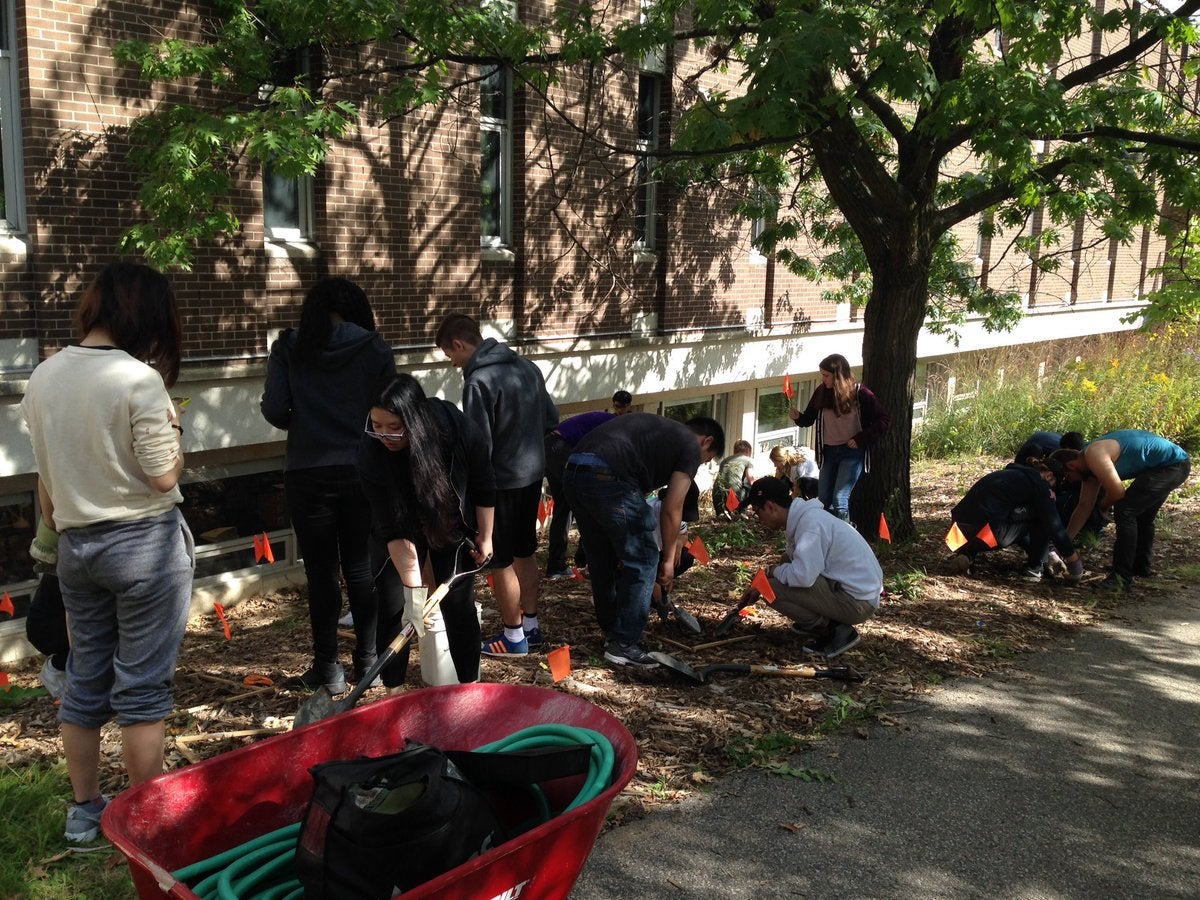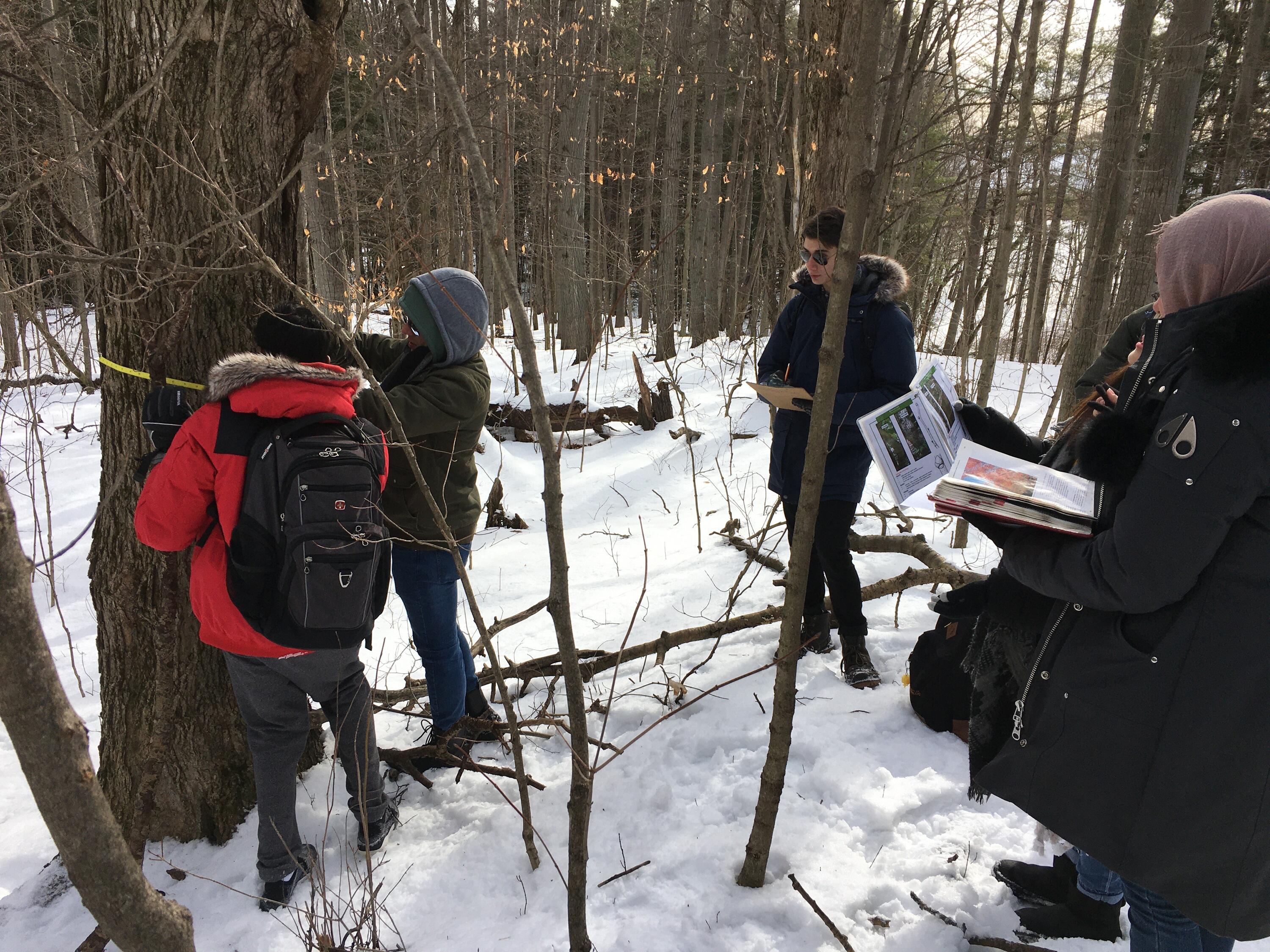To discuss the role of biodiversity and what we can individually do to promote it, today on the blog we hear from Bev Raimbault, the Lab Coordinator at the University of Waterloo's very own Ecology Lab!
What is biodiversity and why is it important?

What can people do to support biodiversity?
Biodiversity can be supported by planting native species in outdoor gardens and in public spaces like parks. Creating pollinator gardens along with active removal of invasive species is ideal. Learning about the benefits of and educating others about native species and their role in contributing to nature will help improve our community! Research volunteer opportunities with your local naturalist club, conservation area and other NGO’s. There may be opportunities to help with invasive species removal, planting of native trees, shrubs or wildflowers. There are gardening guides to help people make educated planting decisions, which show native replacements for common invasive garden plants.
The Ontario Invasive Plant Council’s “Grow Me Instead” guides are one of many resources available. Find out what people in your area are doing to promote biodiversity or petition your local government to implement programs which promote biodiversity. There are lots of different ways you can help!
How does the UW Ecology Lab support biodiversity?
The Ecology Lab maintains naturalized gar

The Ecology Lab is also involved in removing Rhamnua cathartica (European buckthorn), an aggressive invasive species from the UW Urban Forest. European buckthorn will choke out native species, and Waterloo students play an important role in maintaining the health of this woodlot which is home to 27 native tree species. Landscape Ecology students, with the support of the lab, help inventory the buckthorn density of this forest annually. .
The Ecology Lab also promotes biodiversity through outreach programming. For example, the Ecology Lab ran a Native Plant Container workshop, that was held with the ENVigorate festival, an annual Faculty of Environment celebration. This workshop involved collecting native seeds locally, cold/moist stratifying them, and sending DIY kits to participants.
Events like this help to not only spread native plants, but also educate individuals on their functions and importance. Participants are encouraged to apply this knowledge in their lives and gardening, which in turn helps to support local pollinators, insects and wildlife, and a healthy ecosystem for all.
 Get
involved
Get
involved

To learn more about what the Ecology Lab is doing to promote biodiversity or get involved in one of their many events, courses and more, check out their web page and Instagram. If you would like to rent any of their equipment, check what is available on their equipment list.
If you have specific questions about what the Ecology Lab does, email Bev at bev.raimbault@uwaterloo.ca or the Lab Manager, Anne Grant, at anne.grant@uwaterloo.ca.